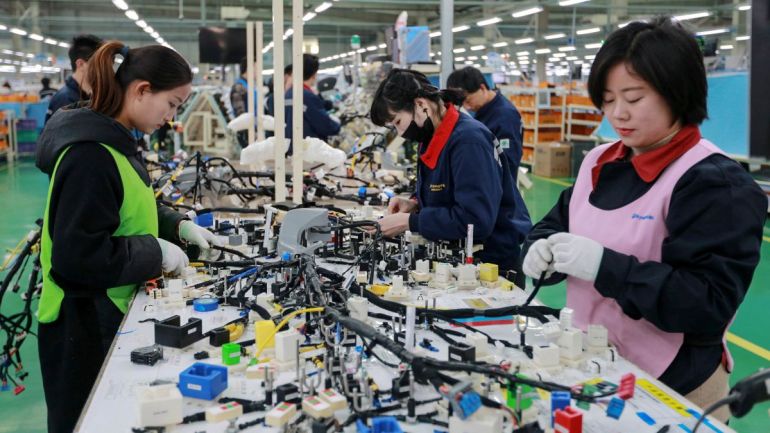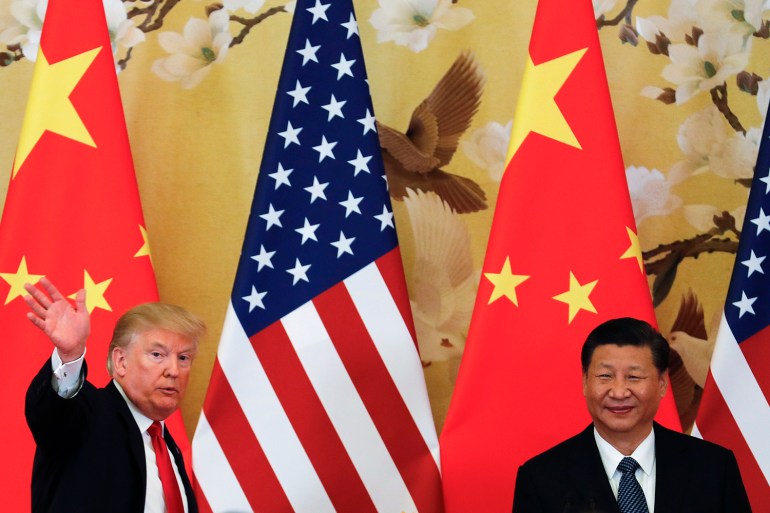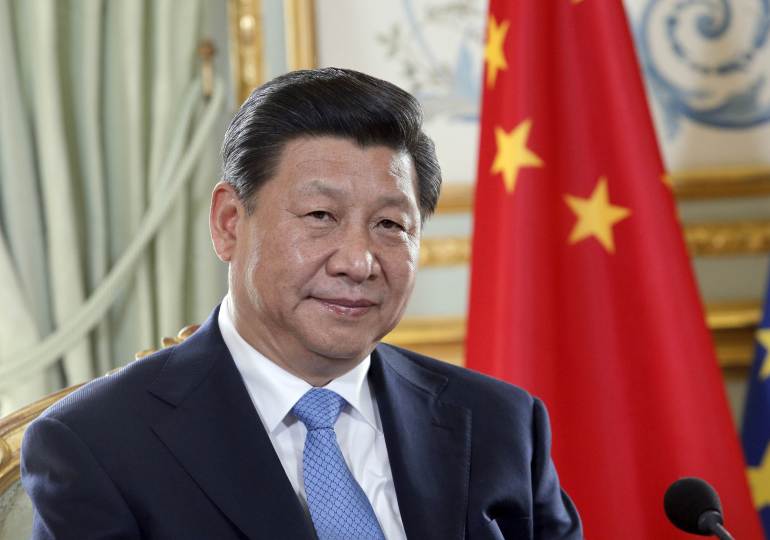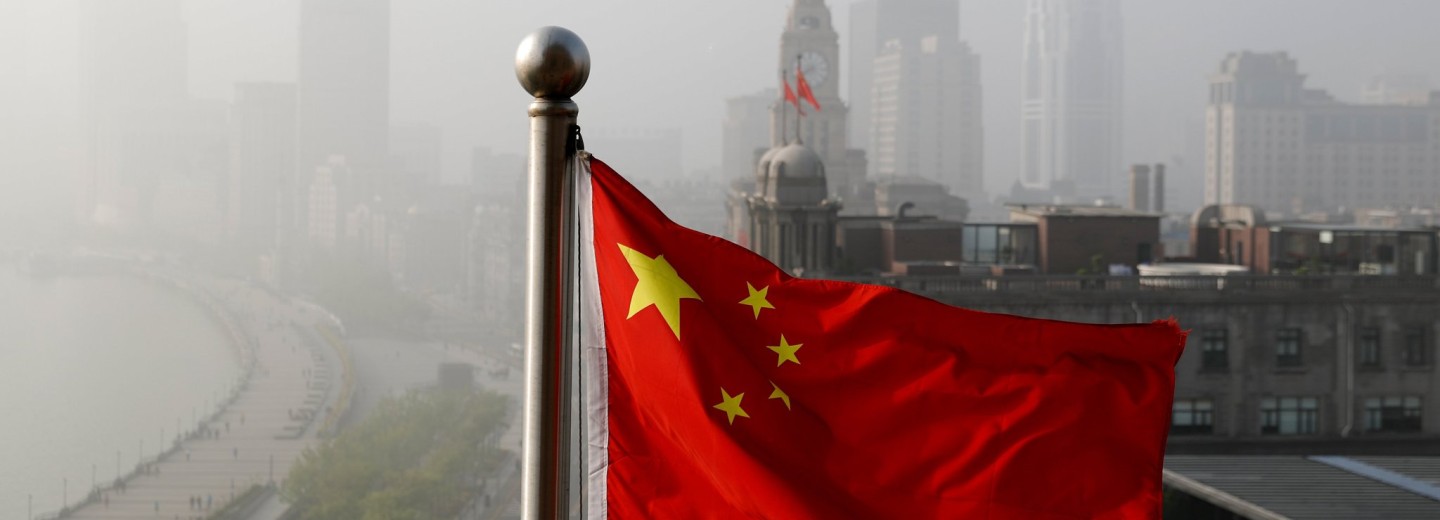China News 29th November 2021
This week, we have two articles from academics. The first compares Chinese Governance with that of some western countries. The second looks at the latest announcement from the Chinese Communist Party and how these differ in important ways from earlier statements.
Understanding China
China will never have a person like Trump. Because in a democracy, if you get enough votes, you are the leader. But if a person without any work experience enters the Government, how can he govern the whole country? This is what China calls the politics of virtuous power. It is very important that China’s political system is open to many sectors of society.
Recently, Professor Zheng Yongnian, Chairman of the Guangdong-Hong Kong-Macau Greater Bay Area Research Institute, recalled that when he entered Peking University in 1981, China’s per capita GDP was less than $300; but forty years later, China became the world’s second largest economy, with a per capita GDP of more than ten thousand dollars.

In the past four decades, China has lifted nearly 8 billion people out of poverty. This is a miracle in the history of the world economy. Zheng Yongnian said that China’s development document until 2035 in the next stage proposes to make China’s middle-income group larger and larger. No democratic political party pays attention to 2035, and no political party pays attention to 2050. Only a few political parties, such as the Communist Party of China, do so.
How to make the world really understand China?
Q: What is the reason behind the argument of “demonizing” China in Western countries earlier? Has this situation improved or got worse in recent years?
Zheng Yongnian: I think the Western misunderstanding of China is divided into categories. Anti-China is only a minority, and it is normal for most people abroad not to understand China.In recent years, due to the increase of China’s international influence, even what Chinese people eat or don’t eat will affect world food prices. It is natural for the West to take the initiative to understand China, which is also good for China to go global.
However, many of them are only ‘tourists’, and what they know is superficial. Just like we know many other countries, we also know them only as tourists. But at the foreign policy level, superficial understanding is not enough.
However, even if others still misunderstand China now, we should be tolerant of the majority of people. Don’t “demonize” each other because others have wrong opinions. This is not good.
Since modern times, the West has led several major “encirclements” ideologically. The first time was an “encirclement” against Marxism. After the 80s of the last century, the West “encircles” Keynesianism because it emphasized state intervention.
The second “encirclement” was from the October Revolution in Russia to the Cold War between the United States and the Soviet Union. This was a “encirclement” against the planned economic system represented by the Soviet Union.
The third “encirclement” is aimed at China, because China is a Marxist and communist country.
Q: How to make the international community know and understand China better? What do you think can be done?
Zheng Yongnian: How to answer the question is very important. We need to see why the Soviet Union lost the war in this regard. I think when the West attacks us with ideology, we should not fight back with ideology. I have always insisted on returning to basic facts, science, and rationality.
Because the story of China, especially the story of reform and opening up, is a miracle in the history of human economy and society. When a small number of people in the West “demonize” China, we should face not these few people, but the majority of people in the West. If a small number of people in the West “demonize” China, and we also use ideology to “demonize” Western countries, it is easy to fall into the vicious circle of ideology. Therefore, we should seek truth from facts, return to basic facts, and truly tell the story of China. I have always opposed mutual “demonization”. We should form a form of dialogue with most people in Western society. Only in the process of dialogue can we tell our stories well.
Q: What do you think of today’s Sino-US relations?

Zheng Yongnian: The competition between China and the United States should not compare which country is more closed, but which country is more open. Thousands of years of history have proved that the more open country will become the final winner.
Looking around, China is at an early stage. The Guangdong-Hong Kong-Macao Greater Bay Area and Hainan Free Trade Port are accelerating their opening up. No country can break away from an open China. Although the proportion of the middle class in our country is only about 30%, the 4 billion middle class is equivalent to the total population of the whole United States. No enterprise will give up the cake of China.
Moreover, China’s middle class is still growing. Major agencies are evaluating that by 2035, the middle class in China may reach 6-7 billion, or even 8 billion. At that time, China will become the most open and powerful economy in the world. Therefore, our self-confidence should come from practical experience, not from ideology.
Our achievements are huge, but we still have a long way to go. Sustainable development can not be achieved by monopoly or riches, but only from reform. Therefore, reform is still a matter of priority, and development is still the absolute principle.
Source: blog.dwnews.com.
Important differences in how President Xi Xinping views the past history of the Chinese Communist Party
The third historical resolution of the Communist Party of China respects history. It seeks truth from facts and does not avoid historical disasters such as the “Cultural Revolution” and elaborates on the corruption and governance problems existing in the Communist Party of China since the reform and opening up.
However, there is a detail of the expression worth further interpretation, which to a certain extent reflects the great differences in cultural background between the newly established Xi Jinping Thought on Socialism with Chinese Characteristics for a New Era and Mao Zedong Thought and Deng Xiaoping Theory.
When talking about Mao Zedong Thought, the resolution said, “The Chinese Communists, mainly represented by Comrade Mao Zedong, followed the revolutionary road of seizing power by the armed forces. This created Mao Zedong Thought.
The campaign to destroy Chinese culture. During the Cultural Revolution, a large number of cultural relics and historical sites in China were destroyed, which can be regarded as a great catastrophe in history.
Unlike Mao Zedong Thought and Deng Xiaoping Theory, Xi Jinping Thought emphasizes “excellent traditional Chinese culture”, which highlights the Chinese cultural heritage of Xi Thought, and at the same time reflects Chinese politics, ideological and cultural cognition. Today’s China is accelerating its return to the Chinese historical and cultural sequence. Marxism has increasingly integrated with traditional Chinese culture. Just as after the introduction of ancient Chinese Buddhism, there formed a traditional culture with Confucianism and Taoism. Today, after a hundred years since its introduction, and continuous integration and localization of Marxism in China, Chinese culture has changed again.

The Communist Party of China has changed from a critic and negator of Chinese culture since the May Fourth Movement to a supporter and identifier of Chinese culture. This is a historic change. It shows that the Communist Party of China has achieved reconciliation with its own culture and begun to take root and grow in the thick soil of China’s five thousand years of civilization and absorb nutrients.
On the basis of China’s rapid rise, Xi Jinping has gone out of the Mao era’s inferiority complex and self-denial thinking of erasing all kinds of disappointments in China’s traditional culture, and began to face Chinese traditional culture with a confident attitude, affirming Chinese traditional culture, and promoting traditional Chinese culture. Compared with the eras of Mao Zedong and Deng Xiaoping, the new generation of leadership of the Communist Party of China with Xi Jinping at its core has completed the ideological transformation in the new era. Chinese traditional culture has once again stood up on the land of China and won a new opportunity for rejuvenation.
Source: dwnews.com.
Worked on the article:

Wanlikhang





